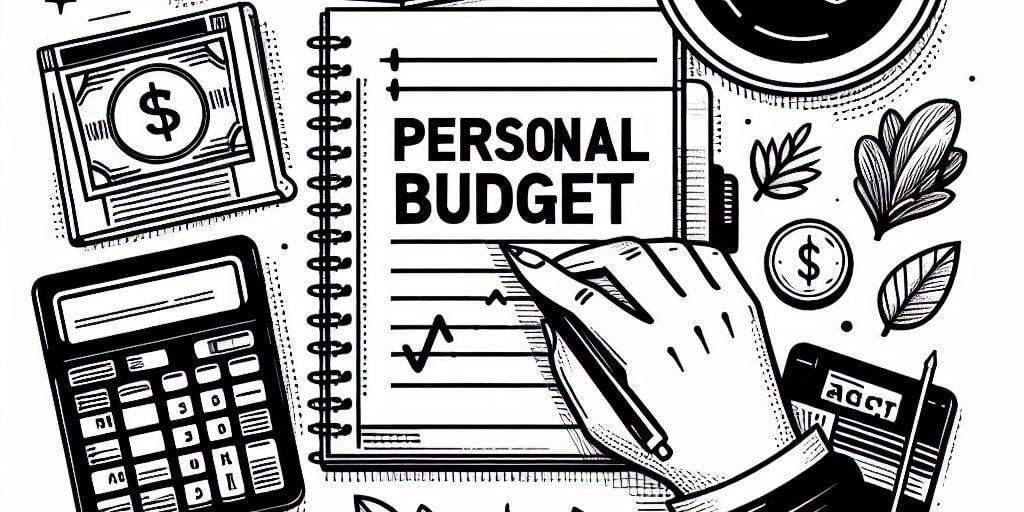Personal budgeting is a crucial skill for managing your finances effectively. It involves creating a plan for how you will spend and save your money. Here are some key steps to get you started:
Calculate Your Net Income: This is your total income after taxes and other deductions. Knowing your net income helps you understand how much money you have available to spend.
Track Your Spending: Keep a record of all your expenses. This includes fixed expenses like rent and utilities, as well as variable expenses like groceries and entertainment. Tracking helps you see where your money is going and identify areas where you can cut back.
Set Financial Goals: Determine your short-term and long-term financial goals. Short-term goals might include saving for a vacation, while long-term goals could be saving for retirement or buying a home.
Create a Budget Plan: Based on your income and expenses, create a budget that allocates money to different categories. Popular budgeting methods include the 50/30/20 rule, where 50% of your income goes to needs, 30% to wants, and 20% to savings and debt repayment.
Monitor and Adjust: Regularly review your budget to ensure you are staying on track.
